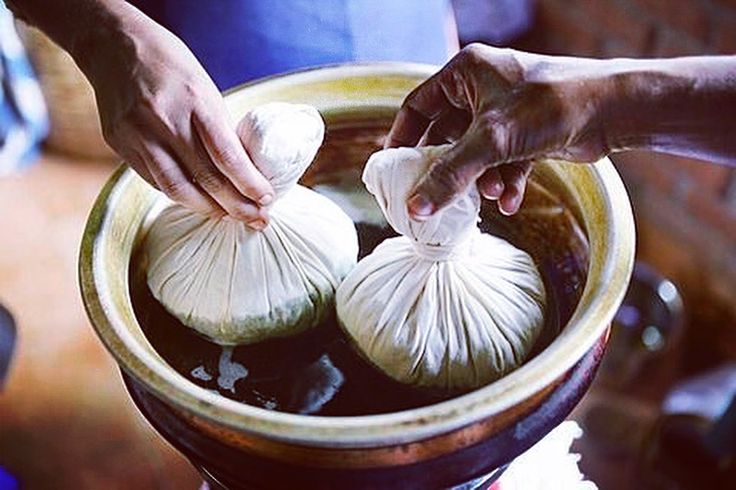
Ayurvedic Treatment for Irritable Bowel Syndrome(IBS) in Kerala, India
Irritable bowel syndrome (IBS) is a series of symptoms that typically affect the digestive tract and intestines. IBS is also known as spastic colon, irritable colon, mucous colitis, and spastic colitis. It is a separate condition from inflammatory bowel disease and isn’t related to other bowel conditions. The symptoms vary in severity and duration from person to person. However, they last at least three months for at least three days per month.
Causes
It is unclear what causes IBS, but experts believe that microbial factors may play a key role. Other factors that cause IBS include:
- Diet
- Environmental factors, such as stress
- Genetic factors
- Hormones
- Digestive organs with a high sensitivity to pain
- An unusual response to infection
- A malfunction in the muscles that move food through the body
- An inability of the central nervous system (CNS) to control the digestive system
A person’s mental and emotional state can contribute to IBS development. People with post-traumatic stress disorder (PTSD) have a higher risk of developing IBS.
Symptoms
The signs and symptoms of IBS include the following:
- Diarrhoea
- Constipation
- Constipation alternating with diarrhoea
- Belly pains or cramps, usually in the lower half of the belly, that get worse after meals and feel better after a bowel movement
- Bloating
- Harder or looser stools than normal
- A belly that sticks out
- Mucus in your poop
- Food intolerance
- Tiredness
- Anxiety
- Depression
- Heartburn and indigestion
- Headaches
- Needing to pee a lot
The Ayurvedic Explanation
According to Ayurveda, IBS falls under the category of a certain disease called grahani which is disturbed functions of the bowels and intestines. Grahani (or duodenum) is the seat of agni (digestive fire). Food is held here until it is completely digested by agni (or digestive fire). After the food is completely digested, it then passes on to the next part of the digestive tract for absorption, but if the Agni is weak, then the food is not completely digested and passes on in a half-digested form. When the food is in a half-digested form, it leads to ama formation. These toxins, or ama, will further combine with normal food leading to problems.
Ayurveda Treatment for IBS
The Ayurvedic approach to IBS is can involve a combination process using procedures, oral medicines, dietary and lifestyle modifications. The main ayurvedic treatment procedure for IBS include:
Pachakarma:
Panchakarma is one of the most famous treatment methods in Ayurveda. The process comprises of five steps for the detoxification and rejuvenation of mind and body. This treatment contains herbal massages and cleansing enemas.
Eating Habits and Diet Practices
Dietary steps that can help a person reduce the risk of a flare include:
- Managing fibre intake: Some people with IBS need to increase their fibre intake, while others should consume less. A balanced level of fibre in the diet can help promote healthful digestion.
- Food diary: Keeping a record of specific foods in the diet and their physical effects will help a person identify primary trigger foods.
The following can trigger symptoms of IBS:
- Fruits: apples, apricots, blackberries, mangoes, cherries, nectarines, peaches, plums, green bananas, watermelon, and pears, whether whole or in juice
- Vegetables: artichokes, cabbage, asparagus, cauliflower, garlic, mushrooms, onions, soybeans, sweetcorn, green peas, snap peas, and snow peas
- Pulses: lentils, beans, and chickpeas
- Dairy products: milk, ice cream, sour cream, and cottage cheese, unless they are lactose-free
- Insoluble fibre: bran, whole grains, nuts, corn, and the skins of fruits and vegetables
- Wheat and rye products: bread and other baked goods, as well as products such as sauces that contain wheat flour for thickening
- Sweeteners: honey, high fructose corn syrup, and artificial sweeteners, such as sorbitol, maltitol, or xylitol
Changes in eating habits can help control symptoms. No IBS diet works for every person. Therefore, an individual may need to go through a process of trial and error to find a consistent, comfortable diet.